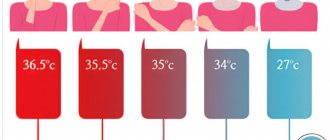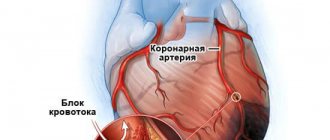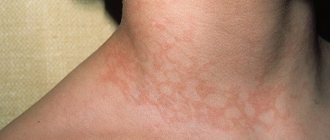At-risk groups
Doctors consider people with the following diseases to be the most susceptible to colds categories: - hypotensive (individuals with low blood pressure); - those suffering from constant overwork; - having chronic infectious or inflammatory diseases, problems with the cardiovascular system and adrenal glands (Addison's disease); - those who have lost a large amount of blood after injury; - Those who are depressed or have experienced severe stress. People with thyroid problems, weak immune systems, those who have suffered traumatic brain injuries, and those infected with HIV should be especially attentive to colds and hypothermia. The risk group includes children, the elderly, bedridden patients and patients in oncology clinics.
4. Treatment of hypothermia
The need for medical treatment of hypothermia depends on the severity of hypothermia. Treatment for mild hypothermia involves first getting out of the cold or damp environment and restoring body temperature with warm blankets, space heaters, heating pads, and hot water bottles. It is not recommended to immediately place a person with hypothermia in hot water. Such a radical measure is hard on the heart and can cause arrhythmia. In addition to external measures, you can give the person a warm drink. But it should not be alcohol or coffee.
Treatment for moderate to severe hypothermia usually occurs in a hospital, where doctors use special techniques to treat hypothermia and fever.











